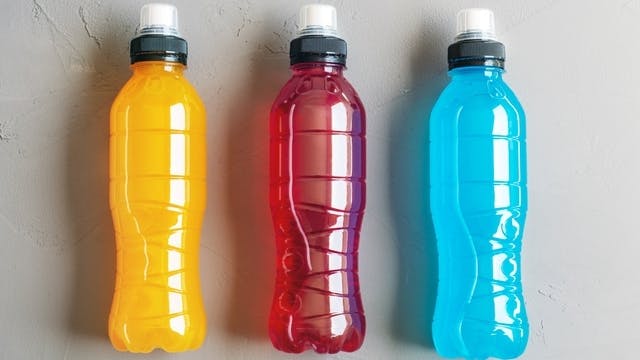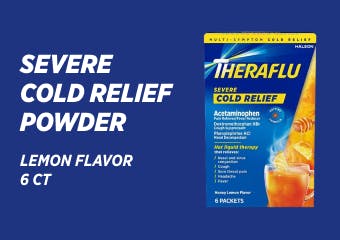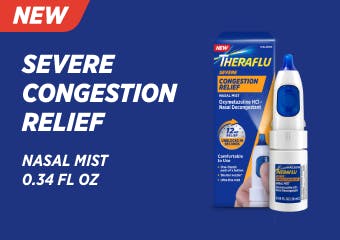What Do Electrolytes Do?

Electrolytes are minerals that have a positive or negative electrical charge when dissolved in water.1 They exist in your blood and other bodily fluids to help regulate your body’s functions, including water balance, the acidity of your blood, and muscle and nerve function.2 The average adult body is made of 60% water, which means that almost every cell in your body contains electrolytes to help you function.1
The Importance of Replenishing Electrolytes
However, despite the importance of electrolytes for your overall health, your body regularly loses electrolytes through sweating and urination.1 Losing too many electrolytes without replacing them can cause an electrolyte imbalance, which can lead to a variety of health issues, including heart, muscle and breathing problems.1
When you lose electrolytes, you need to replace them with fluids or foods that contain electrolytes. Unfortunately, plain water doesn’t contain electrolytes.2 The most common electrolytes include:2
- Calcium
- Sodium
- Potassium
- Chloride
- Phosphorous
How Your Body Loses Electrolytes
If you’re eating a balanced diet and staying hydrated, you probably don’t need to worry about your daily electrolyte intake.3 However, there are times when your electrolytes can drop sharply. For example, if you get sick with a virus or flu that’s causing prolonged vomiting or loose stools, you’re losing more electrolytes than usual.3 In those cases, it’s important to replenish your electrolytes to restore your body’s previous water balance and to prevent dehydration.3
What to Drink to Restore Your Electrolytes
If you’re experiencing a fever, vomiting or diarrhea, it’s important to stay hydrated. When you’re sick, experts recommend replacing eight ounces of water with eight ounces of a low-to-zero-sugar sports beverage or rehydration drink with electrolytes to help your body replace lost minerals.3
How to Stay Hydrated When You Have the Flu
Staying hydrated and replenishing electrolytes when you’re recovering from the flu can be challenging, especially if you’re struggling with nausea and vomiting. Drinking a lot of fluids at once isn’t recommended, as it can exacerbate nausea and make you feel worse in the moment.4 Instead, set a timer on your phone to remind you to drink fluids every fifteen minutes. Taking two to three sips at regular fifteen-minute intervals throughout the day is enough to help you rehydrate.4
In addition to drinking plain water, supplement your hydration with an electrolyte drink or powder. Avoid alcohol and caffeinated drinks, including soda, coffee and energy drinks. If you’re struggling to keep down regular clear fluids, try freezing your electrolyte beverage and turning it into ice chips or a popsicle.5
Managing Flu Symptoms with an Over-the-Counter Medication
In addition to hydrating with electrolytes, help manage your flu symptoms with an over-the-counter (OTC) medication.5 For body aches and pains or a fever, try an OTC medication with acetaminophen.5 If you’re suffering from a dry cough, manage your symptoms with a cough suppressant like dextromethorphan.5 Lastly, if you’re experiencing nasal congestion, a decongestant can help shrink your swollen nasal passageways.5
For multi-symptom relief, try Theraflu-D Flu Relief Max Strength + Nasal Decongestion syrup. Get up to 6 hours of powerful relief from fever, nasal congestion, sinus pressure, cough, sore throat pain, and headache and body aches. Theraflu-D contains pseudoephedrine, the most powerful oral nasal decongestant available without a prescription and is available for purchase at your local pharmacy counter. Try Theraflu and get symptom relief in a form that’s right for you.





